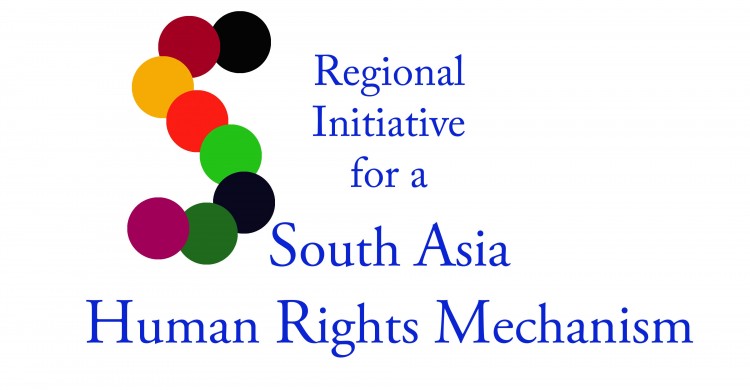The Regional Initiative for a South Asia Human Rights Mechanism (Regional Initiative), a platform of human rights defenders from the region, conducted a two day national workshop on Building Consensus for a South Asia Human Rights Mechanism in Lahore, Pakistan. FORUM-ASIA, as the Secretariat of the Regional Initiative, in collaboration with the Human Rights Commission of Pakistan and Bytes for All, organised the national workshop on 9-10 June 2014. Over fifty participants from across Pakistan engaged in a series of interactive discussions on the need for a South Asia regional human rights mechanism; the models in other region; and the South Asian Association for Regional Cooperation (SAARC) as a host for this mechanism and strategies for strengthening advocacy.
Hosting over one-fourth of the world population, South Asia is home to some of the world’s most ancient civilisations, cultures, religions and languages. Afghanistan, Bangladesh, Bhutan, India, Maldives, Nepal, Pakistan and Sri Lanka are bound by historical ties with vivid exchanges among its peoples. Despite great strides in economic progress, the region continues to grapple with grave human rights violations. Poverty, terrorism, extremism, corruption and deficiencies in democratic institutions are a serious setback for the region. Women, children and minorities continue to be marginalised and require greater standards of protection.
While other regions such as Europe, Inter-Americas, Africa, Southeast Asia and the Arab States have all recognised human rights as an integral area for cooperation, South Asia lags behind. SAARC, which is the primary inter-governmental body in South Asia over time, has taken on some human rights initiatives. Especially with the adoption of instruments on protection of women, children, food security, combating terrorism, climate change and democracy, SAARC has begun making inroads in human rights promotion for the region.
A regional mechanism is a valuable supplement to existing domestic and international systems and can help augment protection of the rights of the peoples. This was also the broad consensus at the national workshop which ended with the adoption of a Lahore Declaration which called on the governments in the region to take concrete steps towards the establishment of a South Asia Human Rights Mechanism.
Delegates from the workshop also met with the Ministry of Foreign affairs and Ambassadors of most South Asian States. As the annual SAARC Summit is scheduled to take place later this year in Nepal, the delegates called on the authorities to formally take up discussions on the establishment of a South Asia Human Rights Mechanism at this meeting. In the following months similar activities will be organised in other South Asian States towards building consensus and momentum for the establishment of this mechanism.
The Regional Initiative for a South Asia Human Rights Mechanism is a collaborative platform of civil society and individuals from the region committed to the cause of furthering human rights and peace. The mission of the forum is to advocate for, and help create an environment conducive for the establishment of a South Asia Human Rights Mechanism. The Regional Initiative is spear headed by a Task Force comprising of Mr. Miloon Kothari (India), Ms. Hina Jilani (Pakisitan), Mr. Subodh Pyakurel (Nepal), Ms. Sima Samar (Afghanistan), Mr. Mizanur Rahman (Bangladesh) and Mr. Rinchen Chopel (Bhutan)



